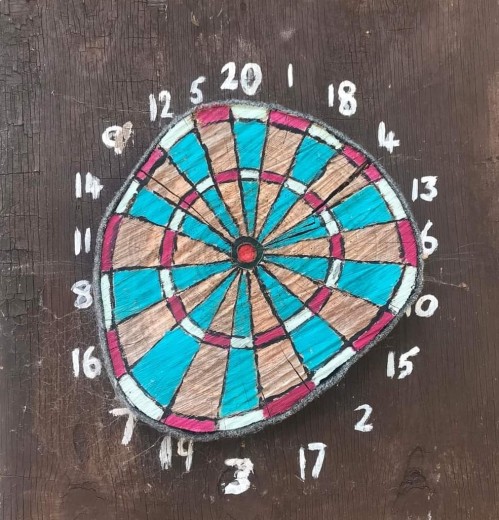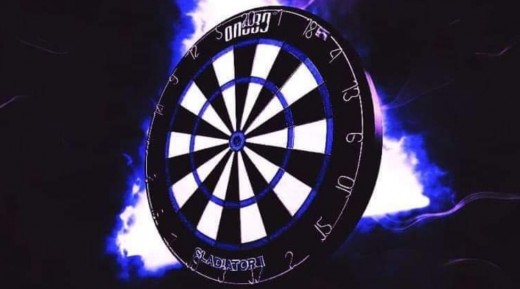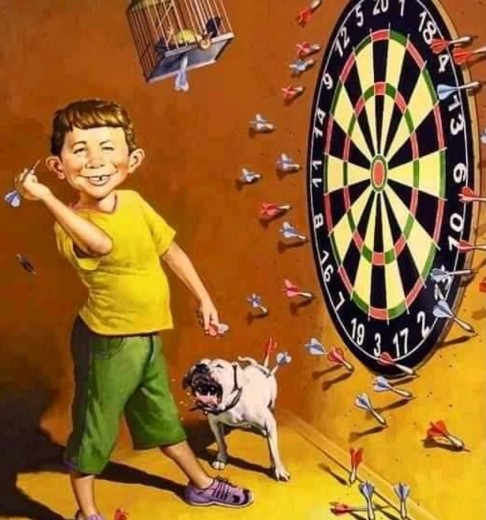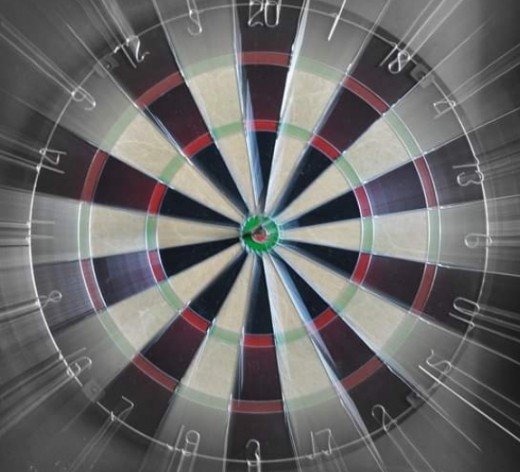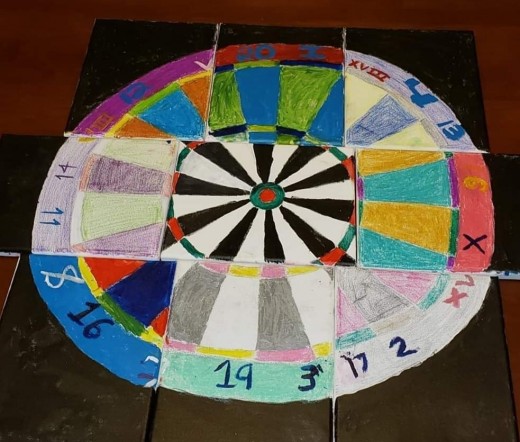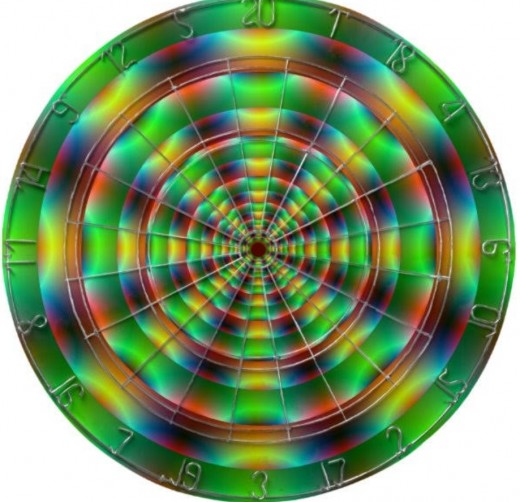Tuesday, March 25, 2020
Column CM86
UK Open Day 3 – And Now for Something Completely Different…
…namely about another famous person born in Weston who had nothing at all to with darts – John Cleese, one of the founders of Monty Python’s Flying Circus.
In darts language there exists the phrase “Not old” for a score of 37 points with single 20, single 5 and single 12, which can be found in a Monty Python sketch. The last Monty Python stage show appeared 2014 in the O2 Arena in London…
But John Cleese didn’t make himself a name as an outstanding darts player, but rather as actor, comedian, screen writer and producer. Cleese was born in Weston-super-Mare in 1939 and his sports – at least at school – were cricket and boxing. As one can read, he is a big fan of the Wolverhampton Wanderers. He also liked science classes. He studied in Cambridge and there joined the Cambridge Footlights – an amateur theatre group – even though he couldn’t sign or dance. His only talent was (as he says himself) an ability to make people laugh. There he got to know Graham Chapman with whom he later would write the texts of Monty Python.
He wrote texts for the Footlights and stood on stage as well. A real success was the Footlight revue “Cambridge Circus” which even toured New Zealand and was played on Broadway as well. In America Cleese met Terry Gilham who later became another Monty Python.
Back in England, Cleese started to write for BBC Radio. From 1965 Cleese wrote together with Chapman the “Frost Report” in which several others of the later Monty Python were involved as well. From 1969 to 1974 Monty Python’s Flying Circus was shown on BBC. Cleese only stayed for three series as he had growing problems with Chapman’s alcoholism and the scripts were not as good as at the start. But all stayed friends and together produced the three well known Monty Python’s films “Monty Phyton and the Holy Grail, Monty Phyton’s Live of Brian and Monty Python’s Meaning of Life.”
From 1970 Cleese was for a few years vice chancellor of the University of St. Andrews – he has always been interested in knowledge transfer. So, it is not really astonishing that beside all his other activities he produced some witty-ironical instruction videos for managers.
Possibly Cleese’s biggest success was the film A Fish called Wanda for which he wrote the screen play and produced it as well. And as so often before he appeared in it as a slightly inhibited Englishman. Some may have also seen him in the Harry Potter films as Nearly Headless Nick or as “R” in two James Bond films.
Today, Cleese lives with his fourth wife on Nevis in the Caribbean – he was not happy about the developments in his home country. For him Britain today is a corrupt, without any culture and citizens have even lost their humour, serenity and tolerance.
But back to the darts and to the UK Open…
To be sure the lyrics of the Monty Phyton song “Always look on the bright side of life” from the Life of Brian is a good advice for all those players who lost matches during the three days of the UK Open.
I almost couldn’t believe that we had already reached the last day of the tournament and only seven matches were left to play, which took all place on the main stage. By now it was almost a certainty that Michael van Gerwen would win the event – so in some ways, finals day was a kind of routine. After all the performances over the first two days I couldn’t imagine there would be another finalist other than Gerwyn Price (unless Rob Cross should suddenly find top form and defeat van Gerwen in the quarterfinals). It wouldn’t have been is first win over the Dutchman.
The quarterfinals didn’t produce another upset – Dimitri van den Bergh and Rob Cross had no chance at all against Michael van Gerwen and Gerwyn Price. The other two quarterfinals were much more thrilling and both rather close. Jelle Klaasen made it very hard work for Daryl Gurney and even was in the lead before Gurney finally won 10-9. The averages were much lower than the averages of van Gerwen, Price and van den Bergh.
The last quarterfinal had been the one hardest to predict and it was the least high-class. Nevertheless, it was thrilling, especially because Jamie Hughes somehow lost his range on the doubles. Better – he started slow, had a strong phase in the middle of the match and faded again. He missed eight match darts and Clayton won. Hughes really should work hard at his doubles…
For both Gurney and Clayton to reach the semi-finals certainly was an achievement, but you could see very quickly in both matches they had no chance to reach the final. Price, in his all Welsh semi-finals was as dominant as van Gerwen against Gurney. And so, we had in the end the final I had expected.
What I hadn’t expected was that Price would put in such an outstanding performance. He didn’t lose the final because van Gerwen played so strong; he lost only because he couldn’t hit his doubles and passed over too many chances. Were it me, I probably would have been very annoyed with myself; perhaps Price felt the same – the interview with him sounded like it but he didn’t really show it.
And so, the tournament was already over and the PDC staff was busy dismantling. The screens disappeared from the press room, all that the PDC owned disappeared into boxes, including the cables and the power boards.
I hurried to finish my updates and walked back to my accommodation. It was still early, dry and mild, so I had time to look over to Weston-super-Mare…



